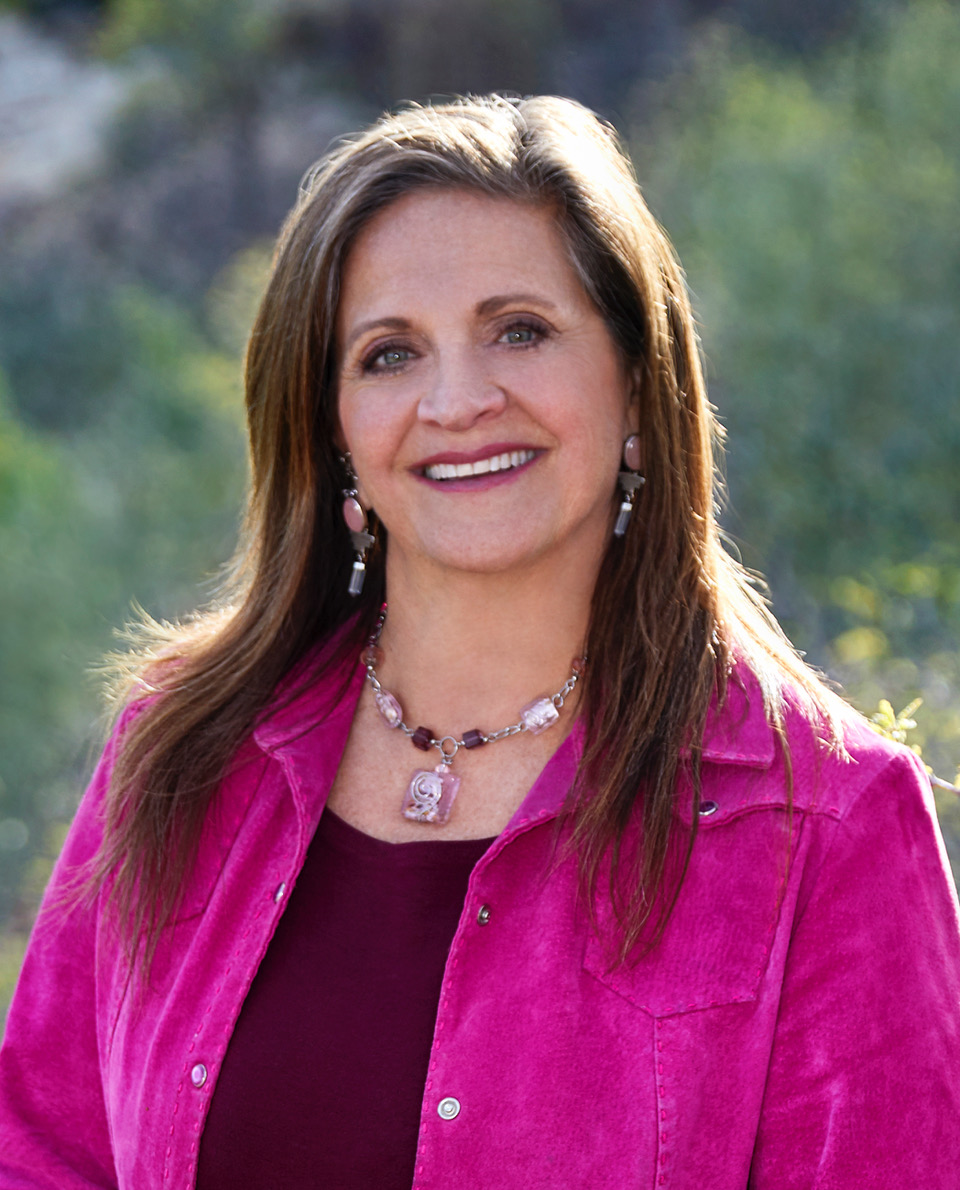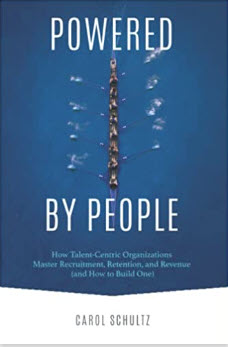About Carol Schultz
 CAROL SCHULTZ is the founder and CEO of Vertical Elevation, a talent equity and leadership advisory firm specializing in strategic business planning, leadership development, and career coaching. Recognized for her proficiency in corporate leadership, Schultz has spent three decades helping executives gain clarity in their careers, make bold leadership moves, and create cultures of performance. Schultz and her team have helped hundreds of companies—from seed stage pre-initial public offerings to publicly traded companies—transform their organizations and create sustainable, talent-centric cultures that run at maximum efficiency. She’s the author of Powered By People: How Talent-Centric Organizations Master Recruitment, Retention, and Revenue (and How to Build One) and host of the popular podcast Authentically Successful. When she’s not running Vertical Elevation, she spends her free time riding her Rocky Mountain Horses, working hard in her garden, and enjoying all the outdoor activities that living in America’s playground offers. She’s a foster mom for Animal Rescue of the Rockies and is the parent of a rescued Australian Cattle Dog mix, and a small herd of rescued cats.
CAROL SCHULTZ is the founder and CEO of Vertical Elevation, a talent equity and leadership advisory firm specializing in strategic business planning, leadership development, and career coaching. Recognized for her proficiency in corporate leadership, Schultz has spent three decades helping executives gain clarity in their careers, make bold leadership moves, and create cultures of performance. Schultz and her team have helped hundreds of companies—from seed stage pre-initial public offerings to publicly traded companies—transform their organizations and create sustainable, talent-centric cultures that run at maximum efficiency. She’s the author of Powered By People: How Talent-Centric Organizations Master Recruitment, Retention, and Revenue (and How to Build One) and host of the popular podcast Authentically Successful. When she’s not running Vertical Elevation, she spends her free time riding her Rocky Mountain Horses, working hard in her garden, and enjoying all the outdoor activities that living in America’s playground offers. She’s a foster mom for Animal Rescue of the Rockies and is the parent of a rescued Australian Cattle Dog mix, and a small herd of rescued cats.If you are considering adopting a shelter dog, you may want to consider hiring this professional dog trainer near me to help your new pet adjust to their new home. The knowledgeable dog training experts in Winston Salem have experience working with rescue dogs and can provide invaluable assistance in addressing behavioral issues, building trust, and establishing a positive bond with your new furry friend. You can click here to know more about professional dog training.
Why did you write Powered by People?
 After designing the process of what it is to be a talent-centric organization in 2008, I felt the book was overdue. There is so much deficient advice being given out from many people with no direct experience in this field, who are only providing a part of the solution to the problem. This runs the gamut from coaches and consultants talking about leadership alignment and development, which is only the first step in the process, to companies not understanding what talent acquisition truly is and how to do it effectively, to talent acquisition reporting to HR. I wanted leadership to understand that recruiting is not the issue they have. The issue they have is leadership alignment and they need to build a talent strategy that drives the business strategy and vision. They need to understand what recruiting is and isn’t and that their people need to be trained on how to headhunt.
After designing the process of what it is to be a talent-centric organization in 2008, I felt the book was overdue. There is so much deficient advice being given out from many people with no direct experience in this field, who are only providing a part of the solution to the problem. This runs the gamut from coaches and consultants talking about leadership alignment and development, which is only the first step in the process, to companies not understanding what talent acquisition truly is and how to do it effectively, to talent acquisition reporting to HR. I wanted leadership to understand that recruiting is not the issue they have. The issue they have is leadership alignment and they need to build a talent strategy that drives the business strategy and vision. They need to understand what recruiting is and isn’t and that their people need to be trained on how to headhunt.What was your biggest surprise or aha moment when writing your book?
How much goes into laying it out in a way that makes sense and getting it written in language that makes people want to read it all the way through.
Who is your ideal audience for the book?
Founders, CEOs, Boards of Directors, VCs, PE firms. Anyone in a decision-making role realizes they have or may have issues in the areas I talk about in the book.
Tell us, how do you deal with fear?
As an entrepreneur, I feel like I’m always afraid. Afraid no one will want to hire me, afraid companies won’t care that this is important and take steps to reflect on this, and afraid that I’ll lose everything. I deal with this fear by figuratively putting one step in front of the other and continuing to stay focused on the task at hand.
Tell us, how do you deal with rejection?
One of the first things I learned in sales was that the more “no’s” you get will get you closer to a “yes”. Consequently, I remind myself of this and remind myself that disrupting how people have been doing things is not done overnight and tell the little voice inside my head “thanks for sharing” and push it out of my head and keep working.
Tell us two concepts or ideas you want the reader to takeaway?
1. I want the reader to understand they don’t have a recruiting problem, but that they have a strategy problem.
2. It takes the same commitment to build a talent-centric organization as it does to build a successful company. They are one and the same.
Name one of the biggest challenges you have faced writing your book and how did you overcome it?
I have been wanting to write a book for over a decade and even wrote the outline for it, but never figured out how to go about getting it all done, published, etc. Consequently, I hired a ghostwriter and publisher who was far more experienced than I in this area. Very glad I did, or I would never have finished it given how much I have going on.
What’s a personal self-talk, mantra, affirmation, or self-belief that contributes to your success?
Something one of my best coaches told me about 20 years ago, “Being inside your own head is like being behind enemy lines”. This also works with my clients to help them through this issue in their own businesses. There is one other important point here, “You don’t have business problems. You have personal problems that show up in your business”





